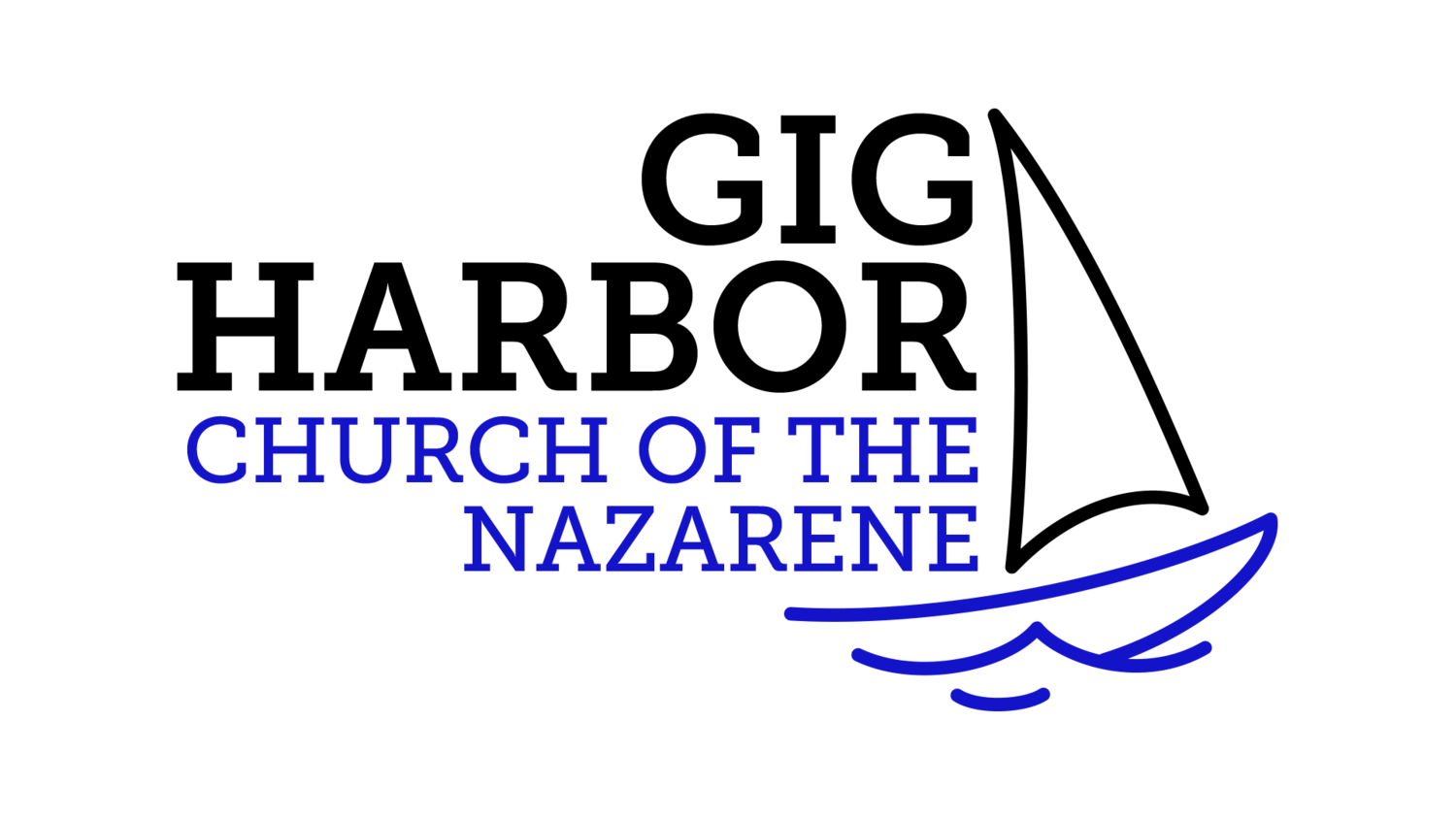Sermon Series: We Factor
Sermon – “All Things New” – Ezekiel 36:22-28
Ezekiel Overview
Ezekiel was written while the people were in exile in Babylon. Ezekiel had been taken in the first wave. He has a vision, and in it, he sees the glory of God coming upon Babylon and wonders what God’s glory is doing there and why it left Jerusalem.
Ezekiel is told to speak of the accusations of the Israelites in exile, and he was told the people won’t listen to him. A 2nd vision has him seeing the glory of God leaving the temple due to the worship of idols by the Israelites.
In chapters 12-32, there are judgments brought against Israel and the nations. In chapter 33, Ezekiel hears that the Temple has been destroyed. The remainder of the book, in chapters 34-48, speaks of a new hope for Israel, the nations, and creation.
God’s Character (vv. 22-23)
Yahweh’s character is about redemptive action and not based on human performance.
The Israelites were caught up in the profaning of God’s name by their living and misrepresented who Yahweh desires to be for humanity.
Yahweh’s love refuses to keep them in the condition they are in and seeks the restoration of them to a whole and complete status.
Yahweh does this for the sake of his name. He wants his name to be known for what it is meant to be and will help humanity come to that place.
God’s Action (vv. 24-25)
God will bring them back both to their land and to a relationship, the way it is supposed to be. They can’t live the required way without Yahweh. They depend on his activity to bring about restoration.
He will gather them and bring them home. He will cleanse them with clean water and spiritually make them new. It is about their forgiveness, renewal, and relational restoration.
God’s Gift (vv. 26-28)
God does the work of removal. He removes what hinders and adds what transforms and changes the future. This gift comes not out of coercion, but out of a shift in desire and reception to a responsive heart to be made new.
This shift is the transformational work that leads to holy living.
Yahweh reminds them they are in it together. He will be everything they need for them. They will become who they were called to be. This restoration reorients them to who they are, where they belong, and their purpose.
(Resources provided by John Goldingay, The Bible Project, and ChatGPT)
Discussion Questions
Where does your mind go when you think about God asking you/someone to do something and being told they won’t listen?
What have been some common character traits of God you have had that have shaped your relationship with him?
What are some of the actions of God that you have experienced that have brought about restoration in your relationship with him?
What about your own future do you recognize where there are some unknown realities that you wonder about, are concerned about, or hopeful for?
Do you tend to sense more of an individual approach to God or a togetherness approach to God? How to each hinder and help our journey?

